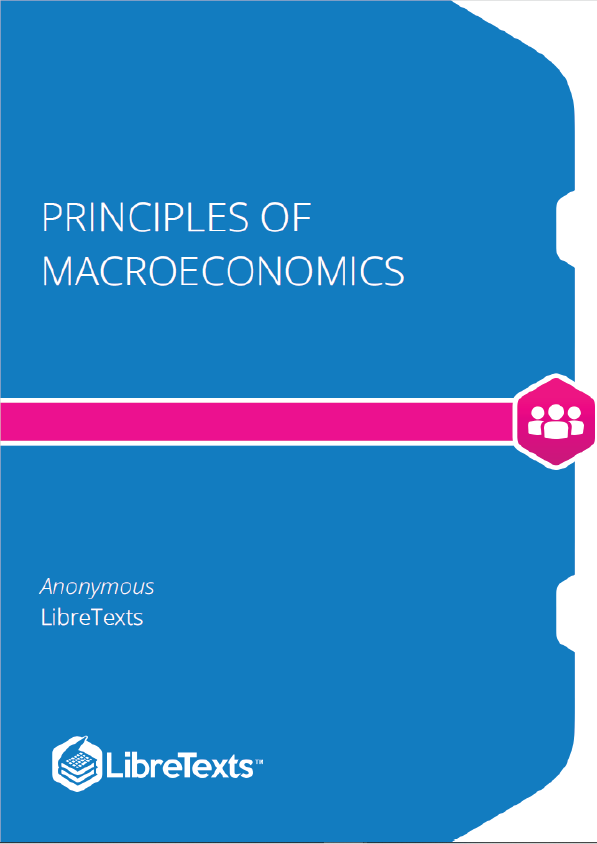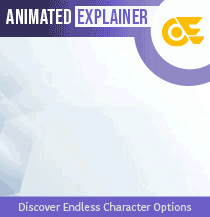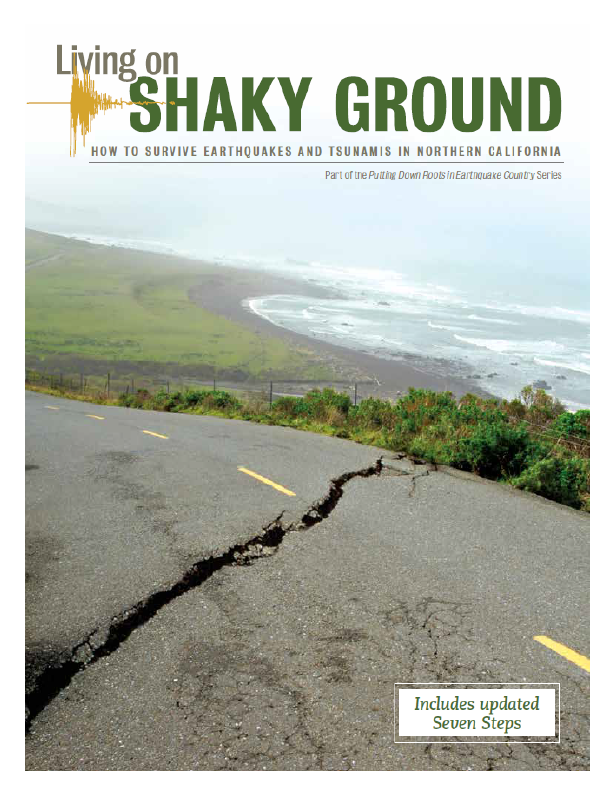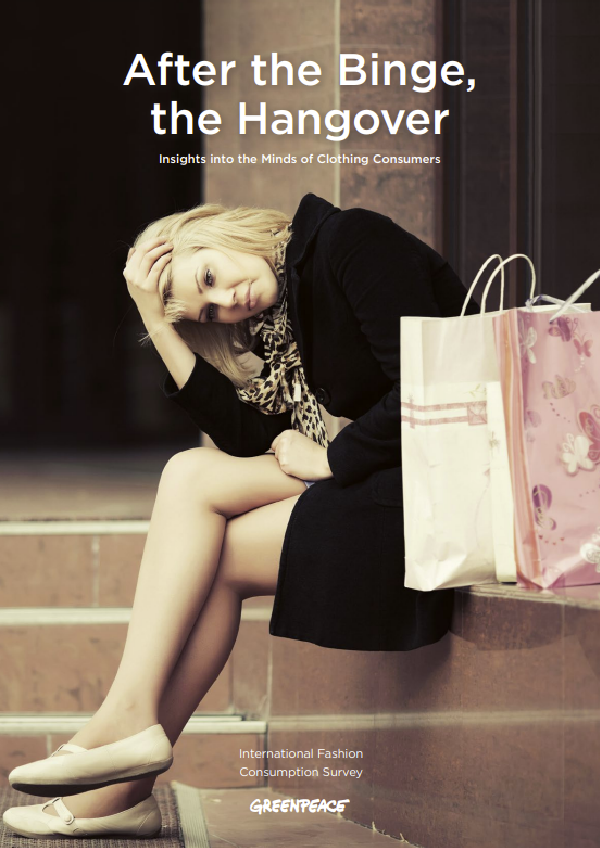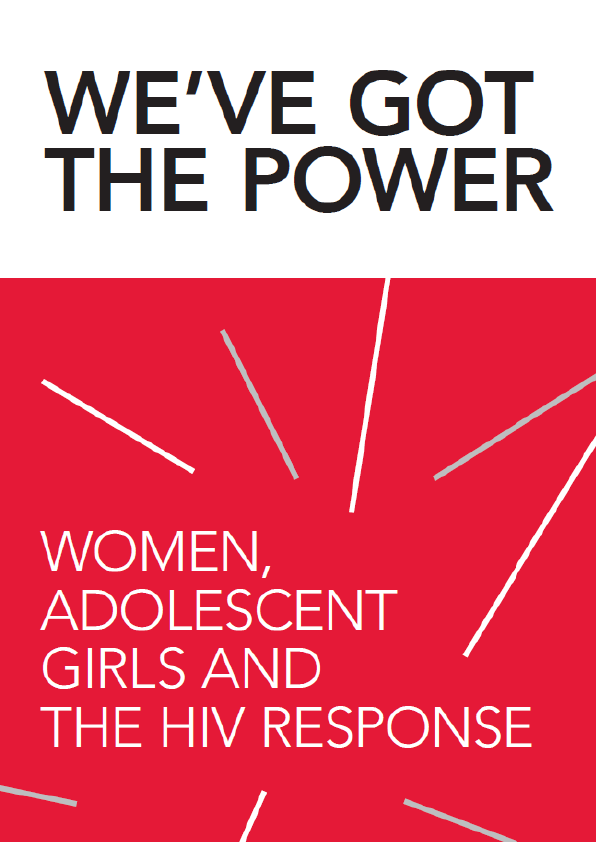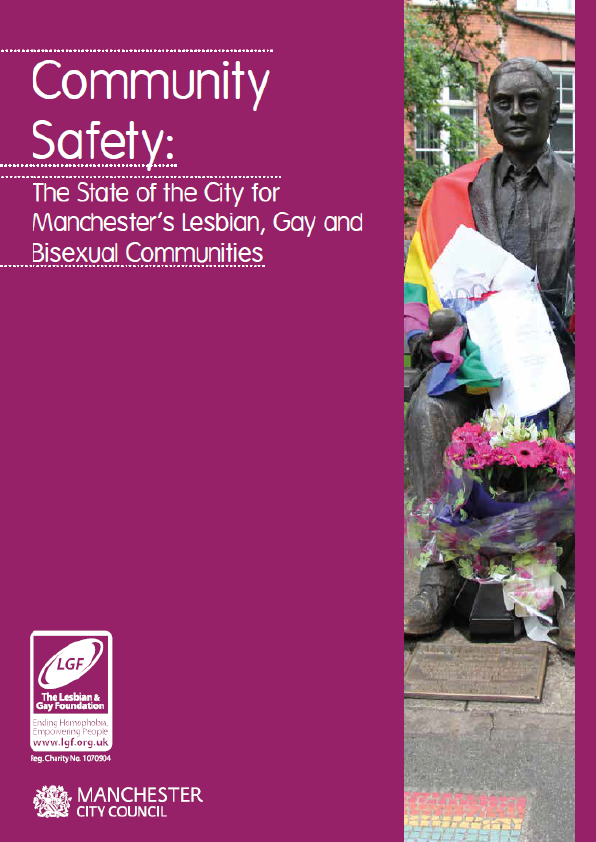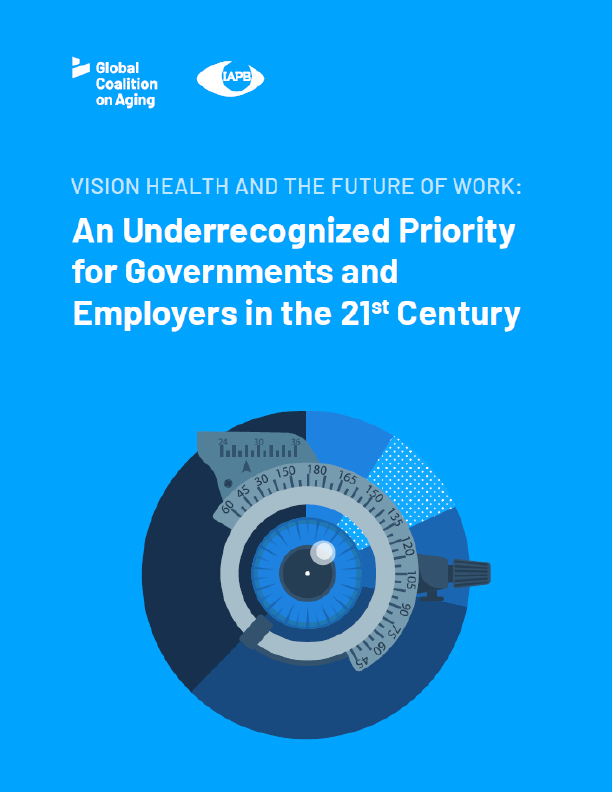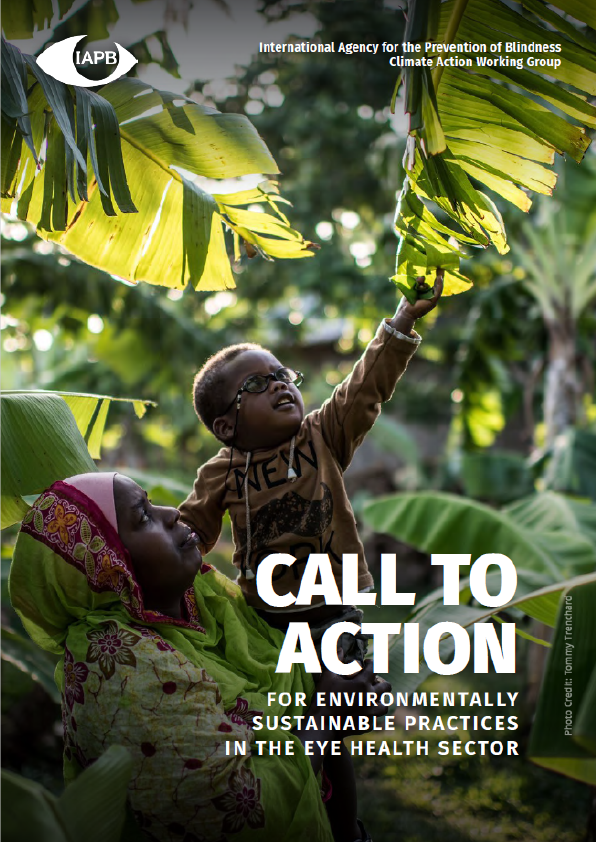The goal of this textbook is to help students understand how real individuals actually work with economics. In this textbook, the authors illustrate the practicality and relevance of economics with a variety of new illustrations and insights.
Economics is a social science that examines how people choose among the alternatives available to them. It is social because it involves people and their behavior. It is a science because it uses, as much as possible, a scientific approach in its investigation of choices.
Scarcity, Choice, and Cost
All choices mean that one alternative is selected over another. Selecting among alternatives involves three ideas central to economics: scarcity, choice, and opportunity cost.
Scarcity
Our resources are limited. At any one time, we have only so much land, so many factories, so much oil, so many people. But our wants, our desires for the things that we can produce with those resources, are unlimited. We would always like more and better housing, more and better education—more and better of practically everything.
If our resources were also unlimited, we could say yes to each of our wants—and there would be no economics. Because our resources are limited, we cannot say yes to everything. To say yes to one thing requires that we say no to another. Whether we like it or not, we must make choices.
Our unlimited wants are continually colliding with the limits of our resources, forcing us to pick some activities and to reject others. Scarcity is the condition of having to choose among alternatives. A scarce good is one for which the choice of one alternative requires that another be given up.
Consider a parcel of land. The parcel presents us with several alternative uses. We could build a house on it. We could put a gas station on it. We could create a small park on it. We could leave the land undeveloped in order to be able to make a decision later as to how it should be used.
Suppose we have decided the land should be used for housing. Should it be a large and expensive house or several modest ones? Suppose it is to be a large and expensive house. Who should live in the house? If the Lees live in it, the Nguyens cannot. There are alternative uses of the land both in the sense of the type of use and also in the sense of who gets to use it. The fact that land is scarce means that society must make choices concerning its use.
